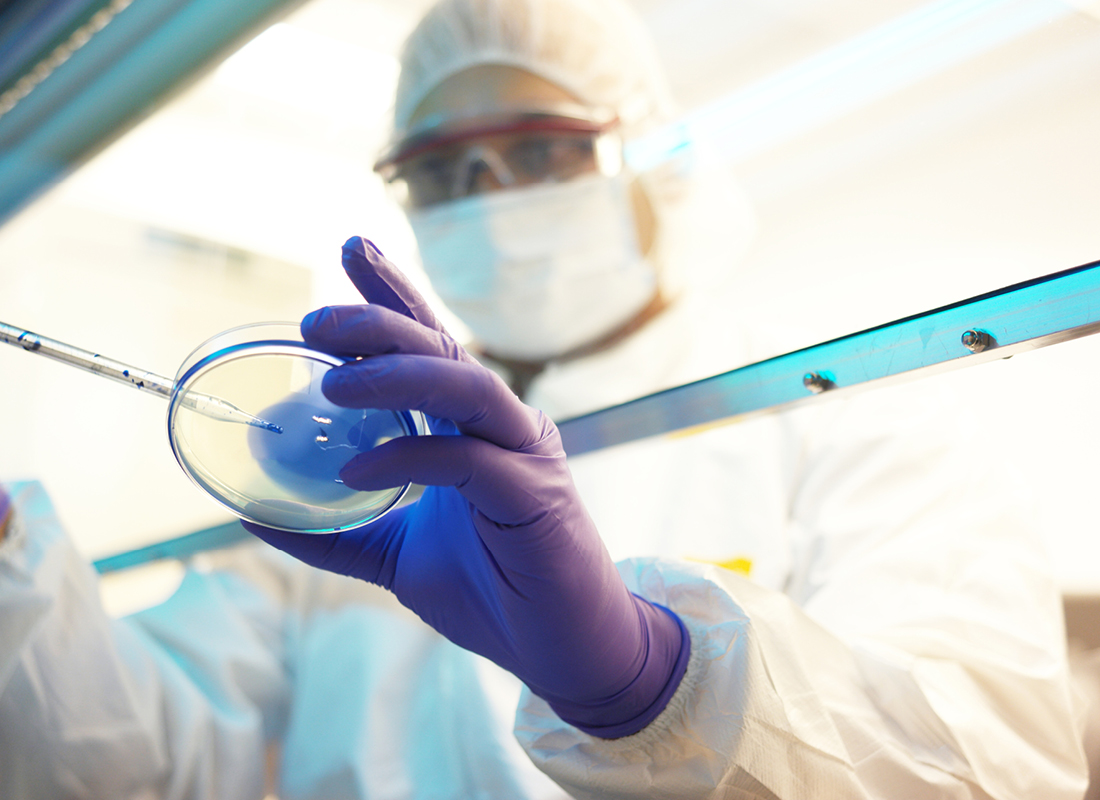COVID-19 Retesting Should Be Pushed Back to 4 Weeks to Give Virus Ample Time to Shed
How long does it take a person infected with SARS-CoV-2 to finish shedding the virus? Coming up with the answer to this question to make scientifically sound decisions about not only the clinical treatment of the infected but also containment of asymptomatic or minimally symptomatic. Recently published research from Italy shines new light on the duration of virus shedding and need for retesting. Bottom Line on Top National regional testing protocols in Italy recommend COVID-19 retesting after 14 days of diagnosis. The study found that testing this early is more likely to result in false negatives and concluded that postponing COVID-19 retesting for 30 days from the date of diagnosis and 36 days from the date of symptom onset increases the efficiency of testing protocols. The Study The study was conducted in the Reggio Emilia province of Italy, one of the country’s hottest COVID-19 hotspots. Scientists from the Istituto di Ricovero e Cura a Carattere Scientifico tracked 4,538 patients from the province who were diagnosed with COVID-19 between Feb. 26 and April 22. The study found a higher rate of false negatives for nasal swab tests when they were performed too early in a patient’s recovery. Of the 4,480 patients […]

Subscribe to Clinical Diagnostics Insider to view
Start a Free Trial for immediate access to this article